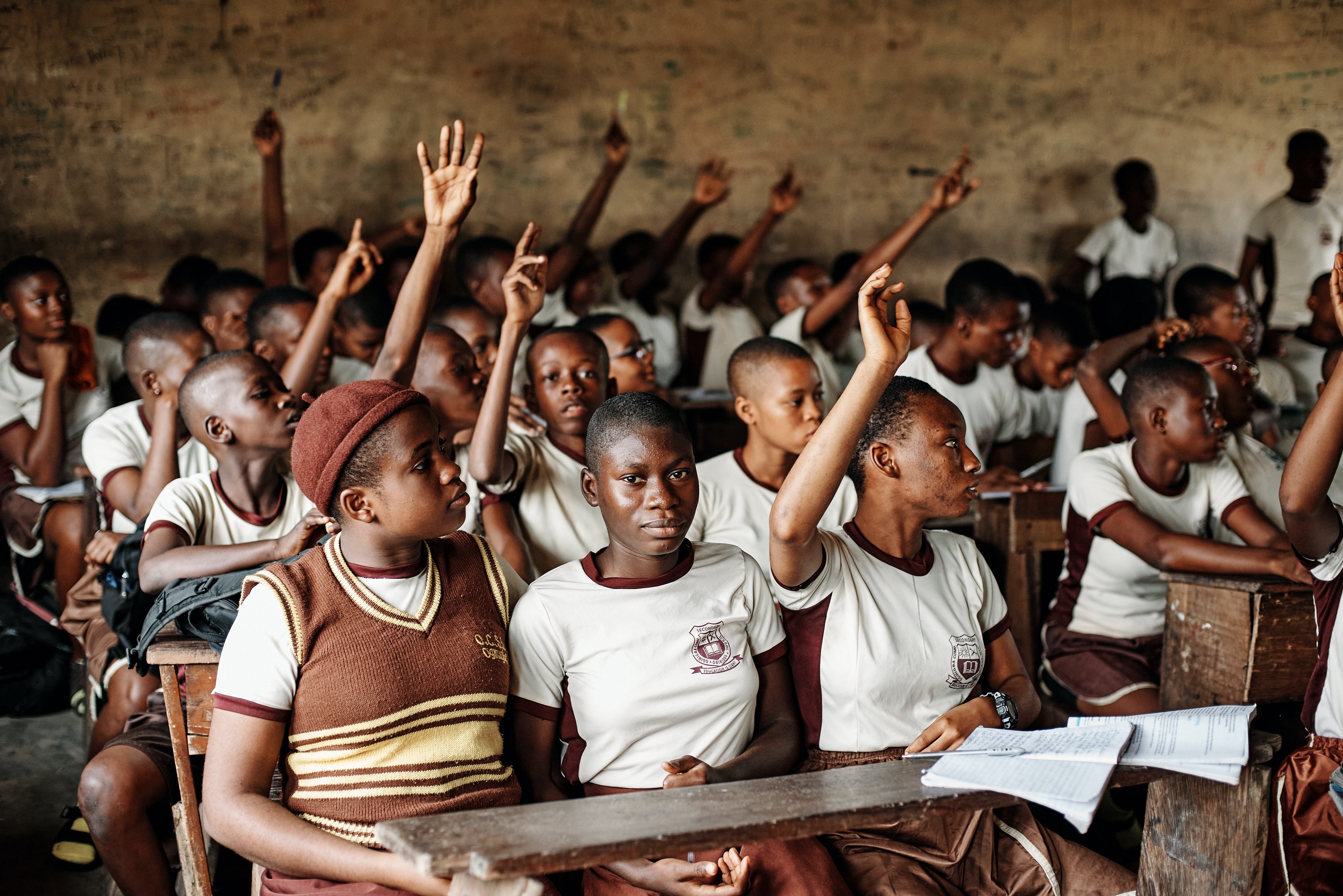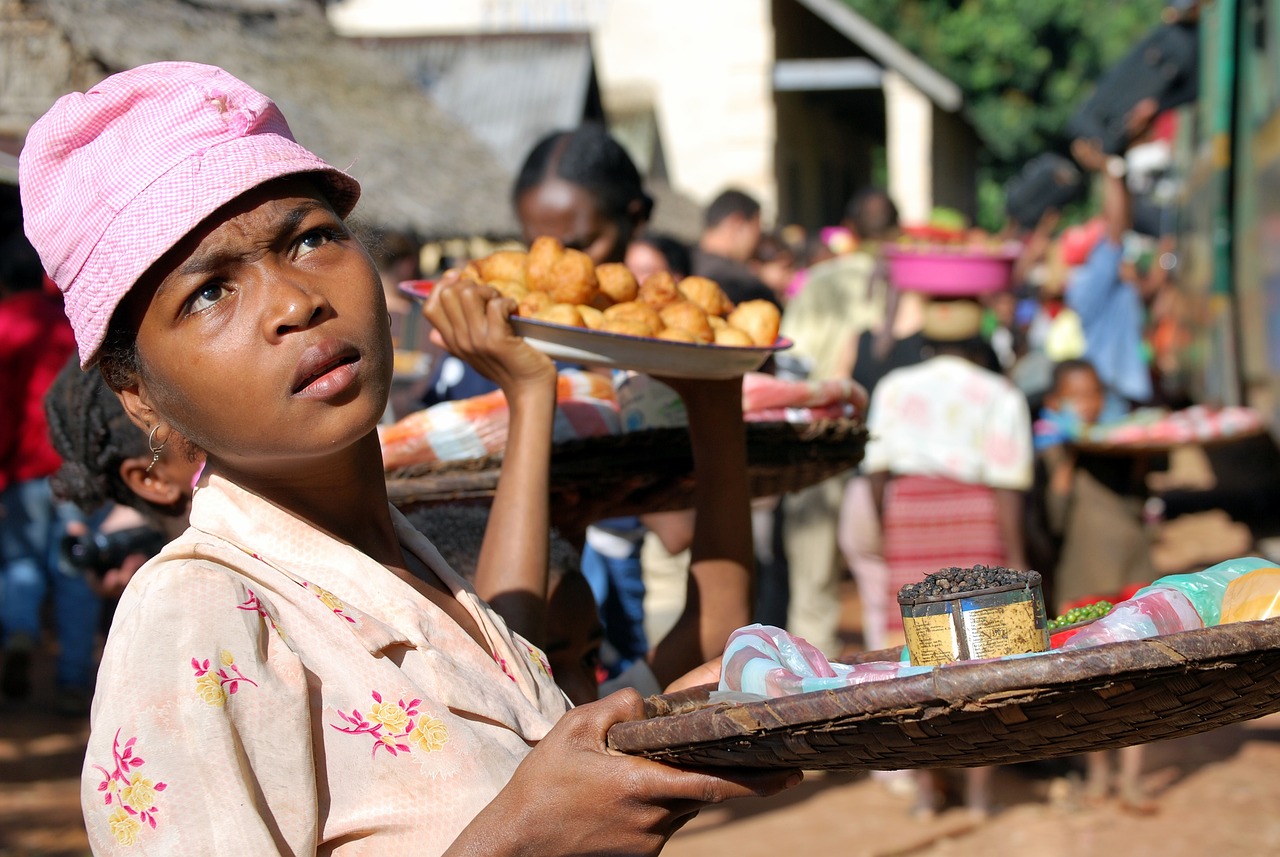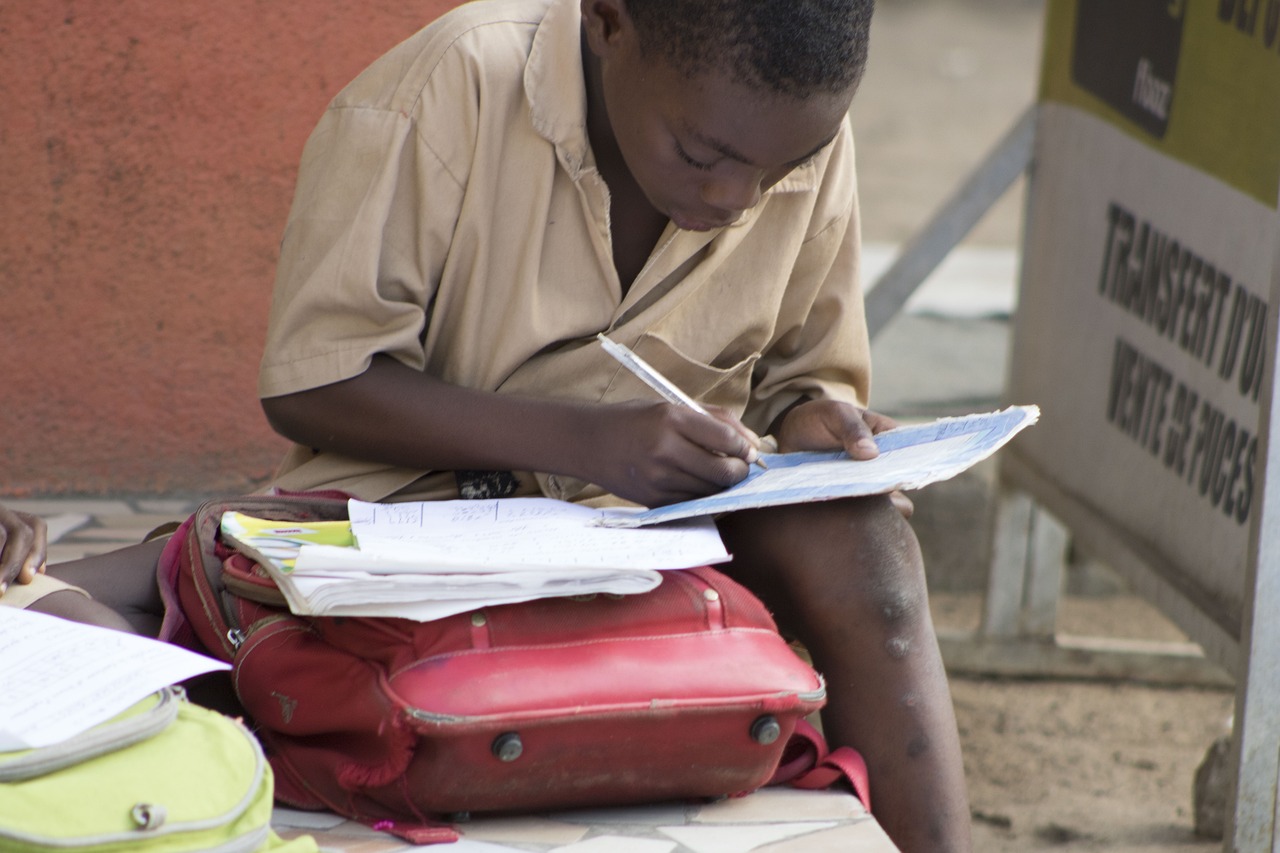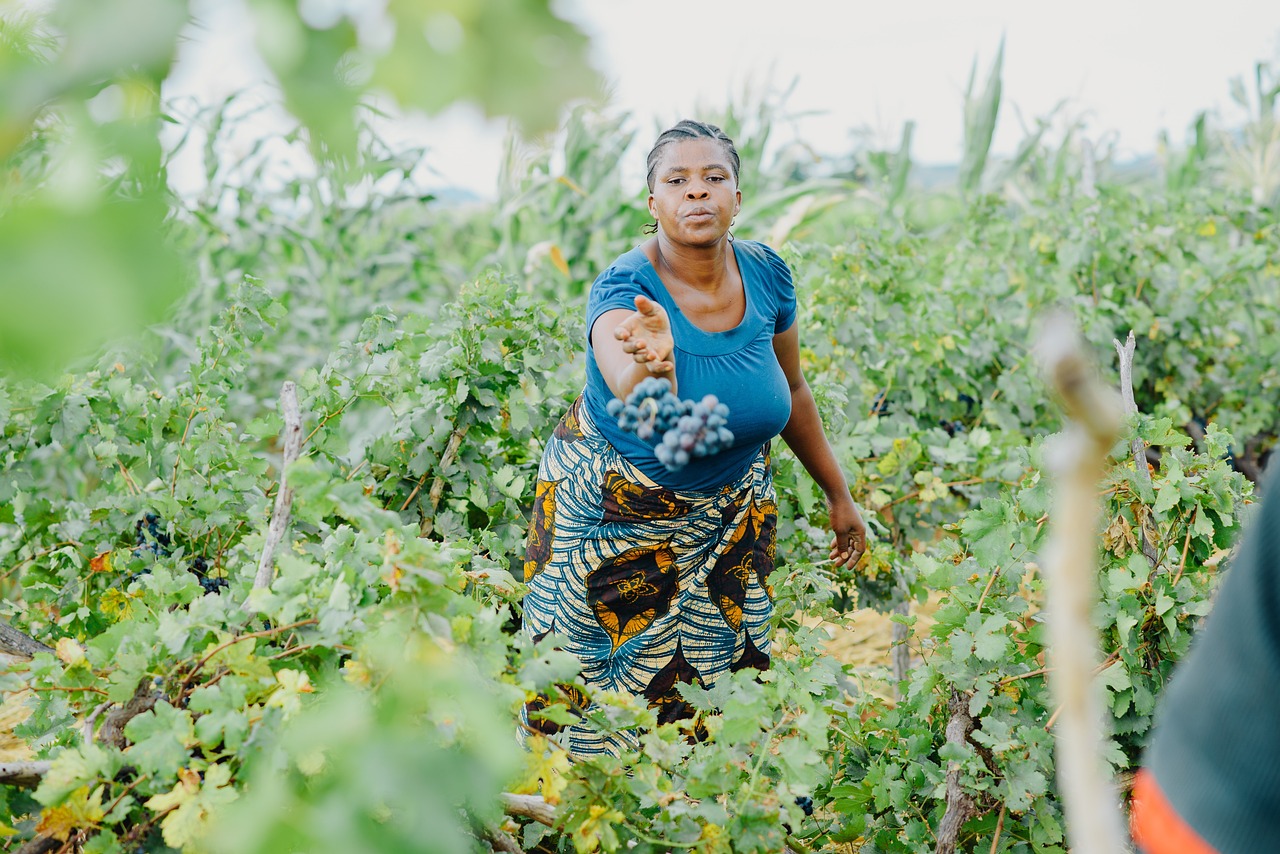In many parts of Africa, girls face significant barriers to education, healthcare, and economic opportunities. Gender inequality, cultural norms, poverty, and other factors can create a hostile environment that limits the potential of girls and restricts their access to resources and opportunities. However, by empowering African girls and investing in their education and development, we can break down these barriers, promote gender equality, and build a brighter future for all.
- The Challenges Facing African Girls:
- Girls in Africa face a range of challenges that can limit their access to education, healthcare, and economic opportunities. These include:
a) Gender Inequality: Girls often face discrimination and limited opportunities compared to boys, particularly in patriarchal societies where women's roles are restricted to household duties.
b) Poverty: Girls from poor families are less likely to attend school, have access to healthcare, or secure economic opportunities, as resources are often limited and prioritized for boys.
c) Cultural Norms and Practices: Traditional practices, such as early marriage and female genital mutilation, can limit girls' autonomy and expose them to health risks and other harms.
d) Conflict and Instability: Armed conflict, political instability, and humanitarian crises can disrupt girls' education, expose them to violence and exploitation, and limit their access to healthcare and basic services.
- The Benefits of Empowering African Girls:
- Investing in girls' education, health, and development has numerous benefits, both for individuals and society as a whole. These include:
a) Economic Growth and Poverty Reduction: Educated girls are more likely to secure better-paying jobs and contribute to economic growth. They can also break the cycle of poverty by providing for themselves and their families.
b) Improved Health and Well-being: Girls who have access to healthcare and education are less likely to experience health risks, such as maternal mortality and HIV/AIDS. They also have better mental health and well-being.
c) Gender Equality and Social Justice: Empowering girls promotes gender equality and challenges harmful cultural norms and practices that limit their potential. It also contributes to social justice by ensuring that all individuals have access to resources and opportunities.
d) Sustainable Development: Investing in girls' education, health, and development is a key component of sustainable development. By breaking down barriers and promoting gender equality, we can build more resilient and sustainable communities.

- Strategies for Empowering African Girls:
- To empower African girls and promote gender equality, a range of strategies can be employed, including:
a) Education: Providing girls with access to quality education is critical for breaking down barriers and promoting gender equality. This includes addressing issues such as school fees, teacher training, and gender-sensitive curriculum.
b) Healthcare: Ensuring that girls have access to healthcare services, including reproductive health, is essential for promoting their health and well-being.
c) Economic Empowerment: Providing girls with economic opportunities, such as vocational training and entrepreneurship programs, can help break the cycle of poverty and promote economic growth.
d) Advocacy and Policy Change: Advocacy and policy change can help challenge harmful cultural norms and practices and promote gender equality at the national and local levels.
e) Community Engagement: Engaging communities in promoting gender equality and empowering girls is essential for creating sustainable change. This includes engaging religious leaders, community elders, and other stakeholders in advocating for girls' rights.
- Success Stories of Empowering African Girls:
- Numerous success stories demonstrate the power of empowering African girls and promoting gender equality. These include:
a) The Let Girls Learn Initiative: This initiative, launched by former US First Lady Michelle Obama, aimed to provide girls with access to quality education and promote gender equality around the world.
b) The Girls Education Challenge: This UK government initiative aimed to support girls' education in



